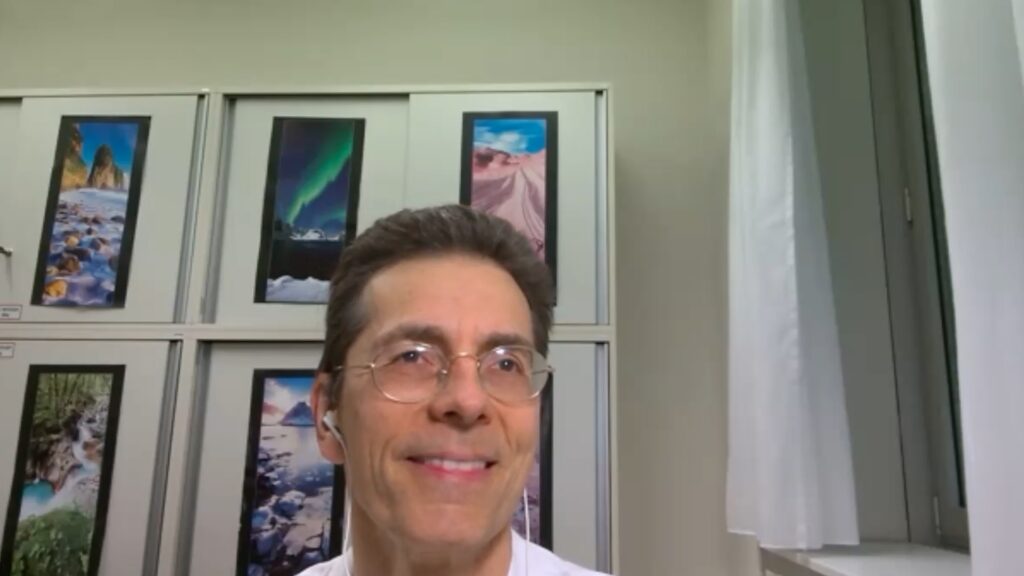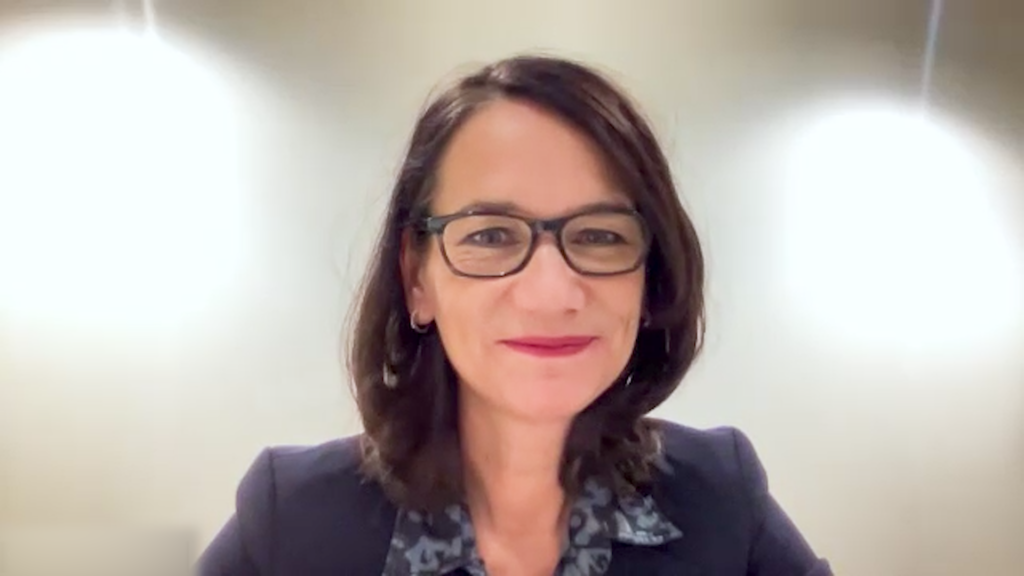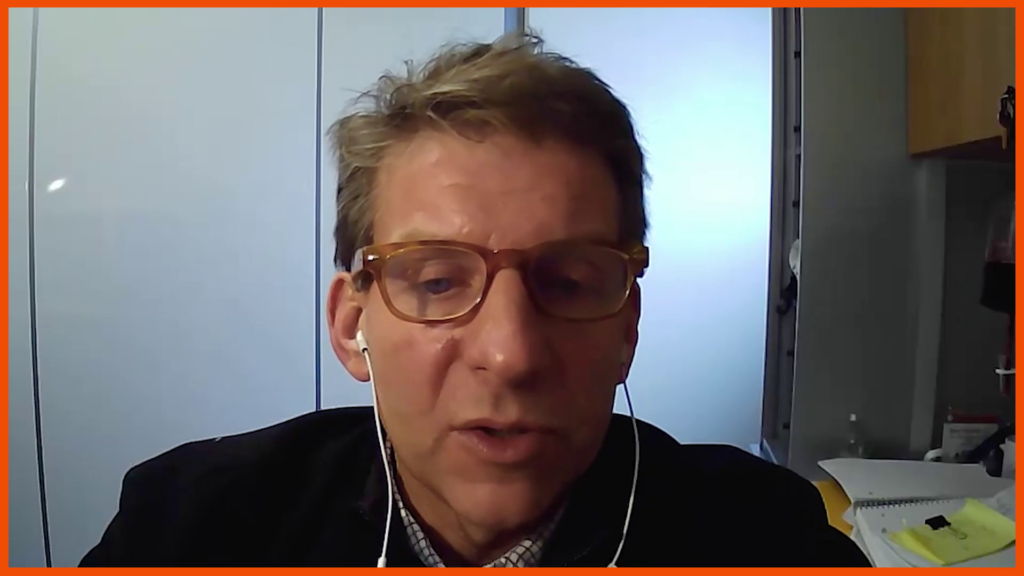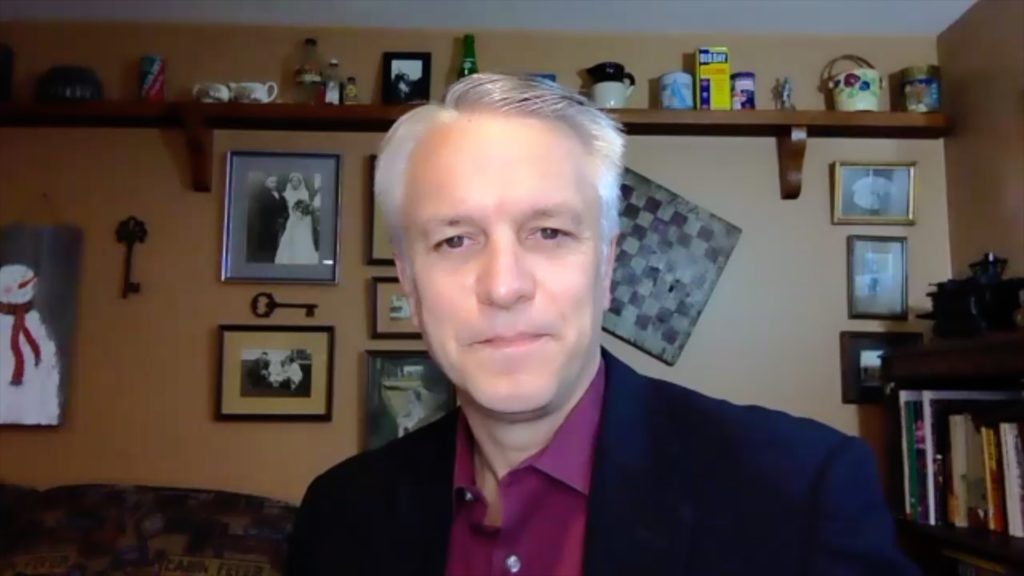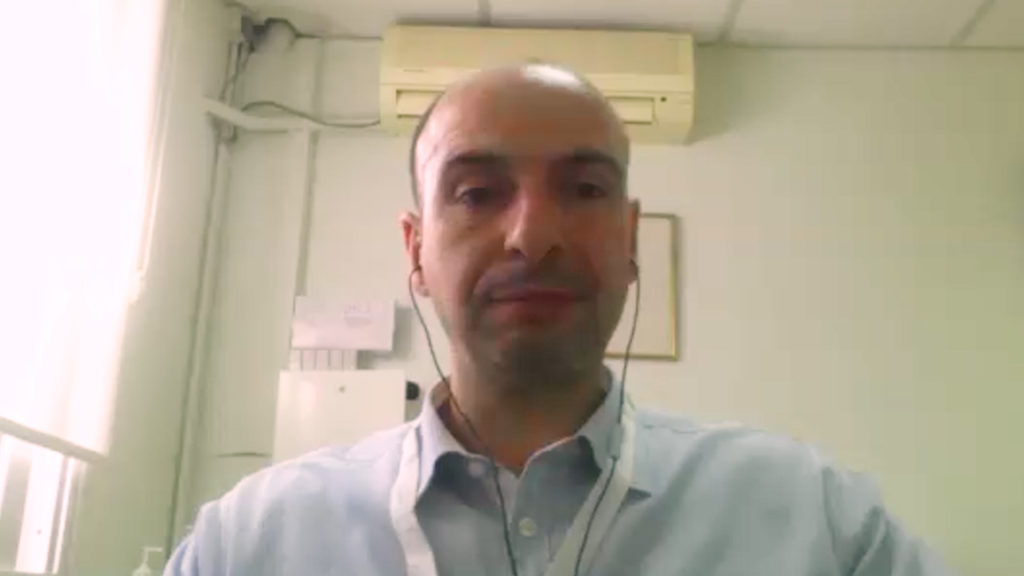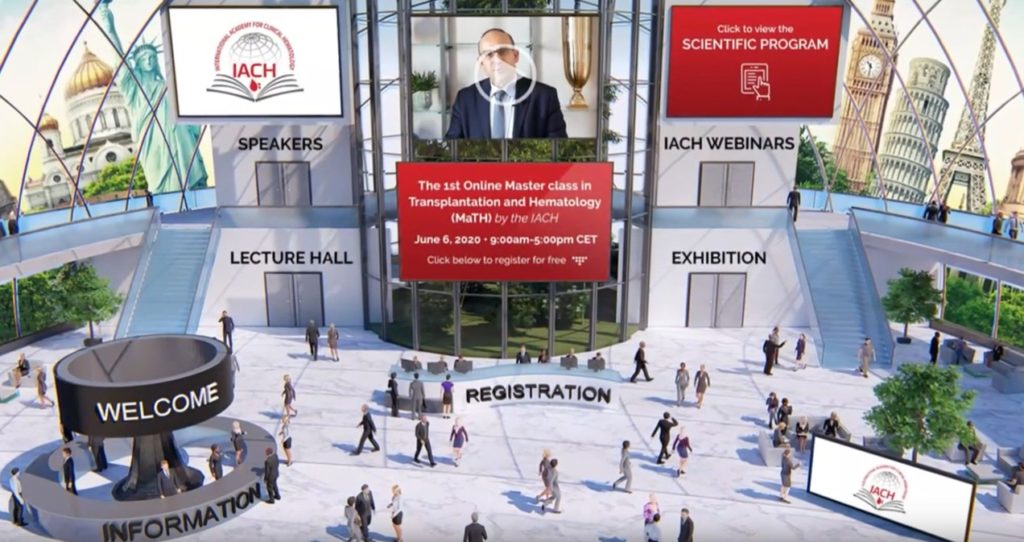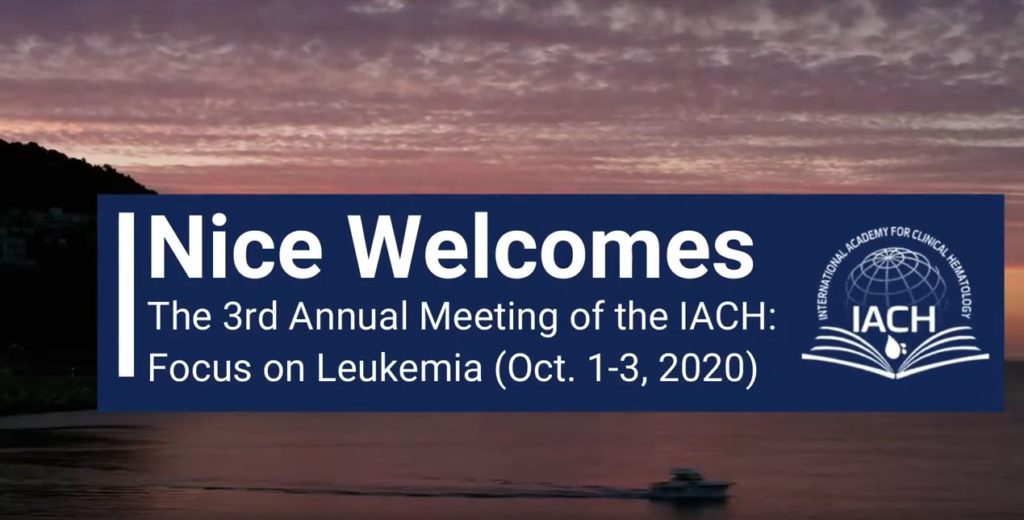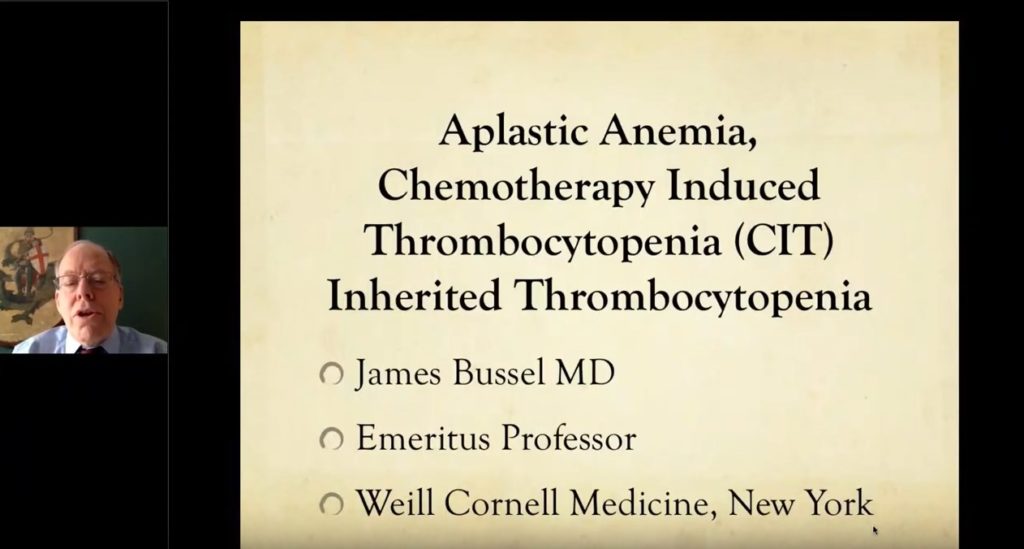At ASH 2018 editorial board member, Dr Mohamad Mohty, discusses Epstein-Barr virus associated post-transplant lymphoproliferative disorder (EBVPTLD) and developments in its treatment. EBVPTLD is a serious, life-threatening condition which can occur as a result allogeneic stem cell transplantation or organ transplantation, due to immunosuppression. One of the big topics at this year’s ASH was cellular therapy with cytotoxic T lymphocytes (CTLs), which could be an important tool for EBVPTLD. Dr Mohty explains that recent studies in patients treated with CTLs have shown good response rates and favourable safety profiles. Though CTL trials are still ongoing, Dr Mohty would like to see this therapy utilised in the near future.
Questions:
1. What unmet needs and challenges do you face when treating patients with Epstein-Barr virus associated post-transplant lymphoproliferative disorder? (0:10)
2. Can you give us a brief overview of the mode of action of cytotoxic T lymphocyte (CTL) therapy? (2:03)
3. How will these findings be translated into clinical practice? When are EU and US filings expected, and what will this mean for patients with Epstein-Barr virus associated post-transplant lymphoproliferative disorder? (3:36)
4. What are the next steps in this area of research? What future opportunities are there in the development of CTLs and other cellular therapies? (4:37)
Speaker disclosures: Mohamad Mohty has nothing to disclose in relation to this interview.
Filmed at the 60th American Society of Hematology (ASH) 2018 Annual Meeting, San Diego, CA, US, 1–4 December 2018.



